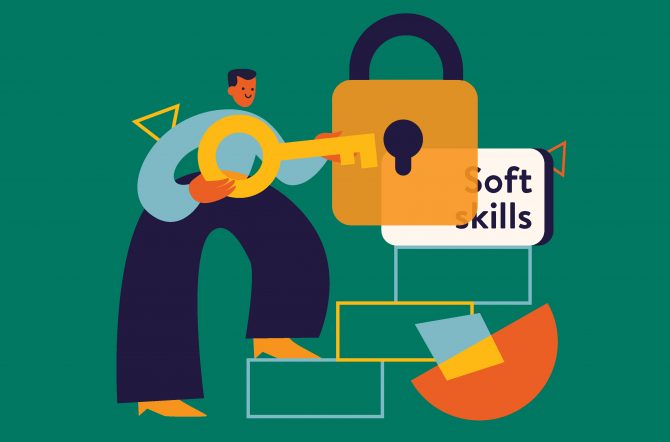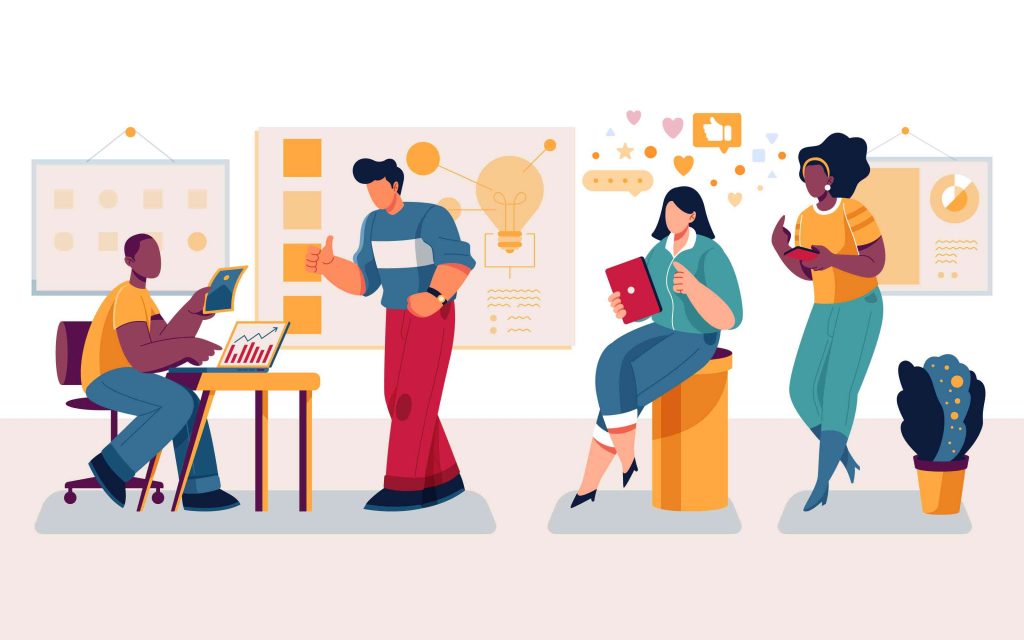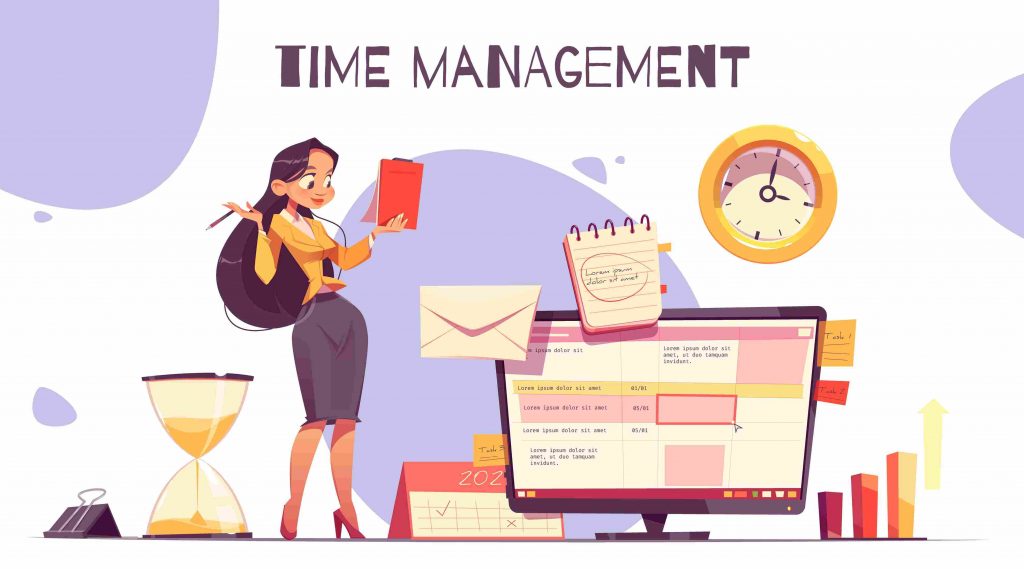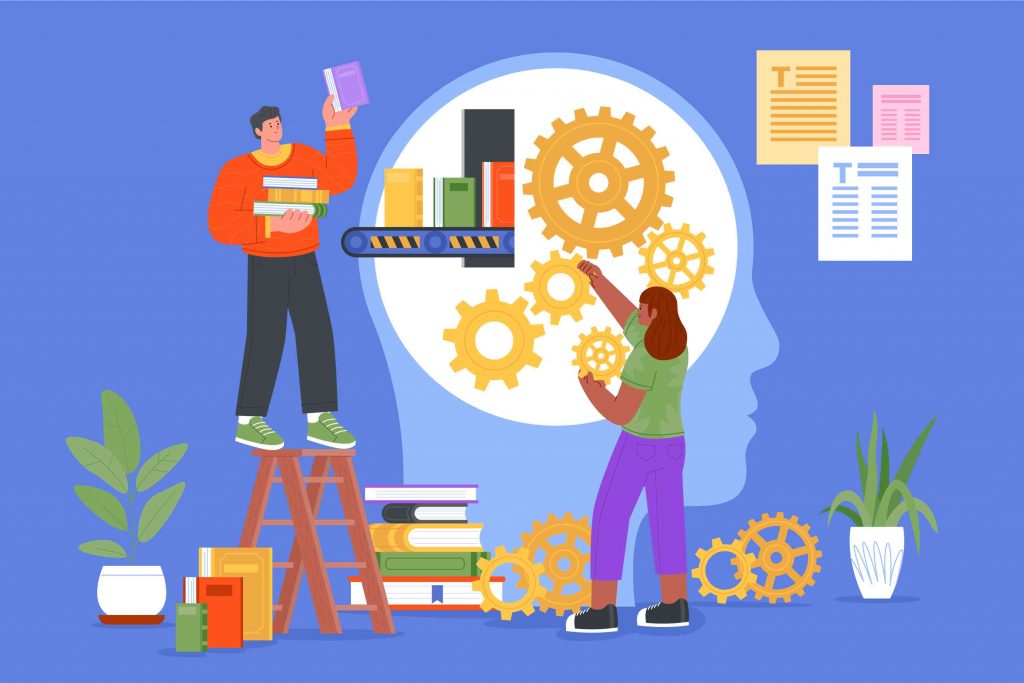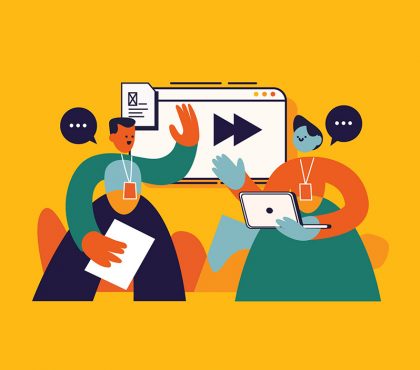Stanford Research Institute International states that only 25% of work success in the long term comes from technical skills. And the other 75% comes from soft skills. However, many L&D departments still underestimate soft skill training as it’s not as intangible as hard skill training. So how does all soft skill training work such impressively? Let’s take a closer look at the article.
What is Soft Skill Training?
Soft skill training is all about personality and behavior, including people skills, interpersonal skills, social skills, or transferable skills. It’s people-related, in contrast to hard skills that are technical and industry-related abilities. For example, hard skills can include writing and design, software operation, construction, business analysis, etc. At the same time, soft skills relate to communication, problem-solving, or conflict resolution.
As a result, soft skill development explains how to change employees’ ways of thinking and behaviors. That makes it more challenging than hard skill training. Moreover, soft skill training is also more difficult to measure effectiveness quantitatively.
Recommended reading
Why does Corporate Soft Skill Training in the Workplace Matter?
According to MIT Sloan’s study, soft skill training benefits employees and brings substantial ROI to your organization. Notably, a 12-month soft skill training trial, including decision-making and problem-solving, has brought around 250% ROI within eight months.
Here is how soft skill development training benefits both employees and your business.
Better productivity
Improving soft skills helps your employees approach their problems in new ways, which results in higher individual and team productivity. For example, negotiation skill training guides the sales team to know how to engage with customers personally. Your employees can discuss their pain points and match them with your business solutions to increase sales.
Higher client satisfaction
Soft skill training such as communication or problem-solving can help your employees be more confident when working with customers. Besides, listening and empathy skills training allows them to deal with clients’ complex problems effectively. This helps increase customers’ satisfaction, which can lead to their purchase decisions. As a result, it positively impacts customer service improvement.
Happier employees with higher retention
Investing in soft skill training for employees shows that your organization cares about their personal growth. This fulfillment results in higher employee retention, which helps your organization reduce replacement hires and related training costs.

Top 5 In-demand Soft Skill Training for Leveraging Employees’ Performance
Soft skills in the workplace are not innate, they are something that your employees can learn and improve. Below are some soft skills development training programs that you should focus on more in your strategy. Let’s see what they are and what key competencies that make up these skills.
Communication
Different conversations about the same problem can lead to different outcomes. So your employees have to know how to communicate effectively with both clients and other colleagues. Communication training needs to help them to both express ideas more clearly and listen more attentively.
Key competencies in communication skills, both oral and written communication:
- Clarity
- Confidence and Friendliness
- Respect and Empathy
- Active listening
- Constructive feedback
Teamwork
Teamwork skill empowers your employees to collaborate within a team or across departments and maintain a healthy workplace relationship. A productive teamwork setting can push your business to meet KPIs, targets, and goals.
Key competencies in teamwork skills:
- Collaboration
- Cooperation
- Coordination
- Idea expression
- Delegation
- Active listening
- Negotiation
Time management
Time management skill shows the ability to allocate time for various tasks within your day. In other words, it demonstrates how to use their work time wisely to achieve goals efficiently.
Key competencies in time management skills:
- Project management, including planning and organization
- Prioritizing
- Self-starter
- Decision making
- Focus
- Delegation
- Stress management
Problem-solving
Problem-solving is another hot topic in soft skill training programs. Equipped with problem-solving skills, your employees can proactively identify problems or potential obstructions of each task or project. They also know how to come up with fixes or implement suitable solutions.
Key competencies in problem-solving skills:
- Lateral thinking
- Logical reasoning
- Initiative
- Persistence
- Observation
- Persuasion
- Negotiation
- Brainstorming
- Decision making
Critical thinking
Critical thinking skill allows employees to analyze information logically and objectively from different perspectives without personal biases. It encourages employees to think outside the box to make informed decisions to achieve the desired result.
Key competencies in critical thinking skills:
- Brainstorming
- Observation
- Creative thinking
- Logical reasoning
- Problem-solving
- Communication
- Collaboration
- Applying data to real-world situations
Leadership
Employees with leadership skills can guide other members to fulfill the shared goals. They also delegate, provide actionable feedback, and motivate themselves and others so that the team can work together effectively.
Key competencies in leadership skills:
- Project management
- Empathy
- Selflessness
- Agility
- Listening
- Humility
- Cultural intelligence
- Authenticity
- Versatility
- Generosity
- Trust
Best Ways to Deliver Soft Skill Training for Employees
Online learning
Online learning is the most basic type of soft skill training currently. Online training allows employees to take the course from anywhere with any mobile device.
You can buy some readymade courses from well-known online learning platforms like Udemy or LinkedIn. Another way, you can develop your training programs that match perfectly with your business field. Remember to include actual values such as dialogue simulation or branching scenarios so that employees can apply them in practice.

Recommended reading:
Live interactive workshops
A live workshop is among the best solutions to provide soft skill training for a group of employees. Of course, the workshop’s topic needs to be concrete and action-oriented so that employees can apply it to their current problems in their work. We recommend you include an interactive part in your workshop as a great way to increase the training’s effectiveness.
For example, you can use role-play scenarios in a training workshop for the customer service team. A trainer or a supervisor will play the role of an angry customer while your employees have to resolve the conflict. The employees’ responses will show their skill gap. And then, the trainer will guide them to handle the situation in a better way.
Coaching or Mentoring
Coaching or mentoring can be especially effective for an individual who requires specific soft skill development training. You can tailor the training program for each employee with different goals and plans for the best performance.
For example, imagine that a certain employee needs to improve their communication skills. A coach will need to define their goals, strengths and weaknesses, and existing skill set. Based on their level, the coach provides a specific development pathway and supports them on the way with actionable feedback.
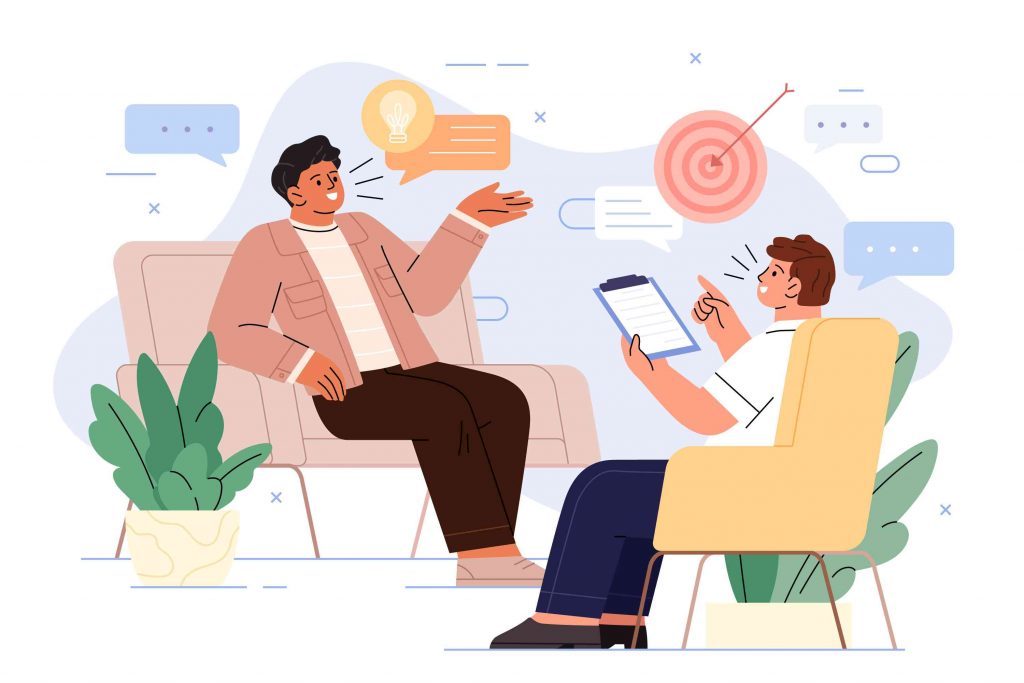
Also, take a look at:
- Planning An Interactive Online Training: An In-depth Guide
- 8 Best Animated Training Video Production Companies (2026 updated)
Social learning
Social learning is quite simple but still highly effective for soft skill development training in the workplace. You can use social apps and tools to undertake online discussions relating to soft skills. For example, you can create a private forum that allows employees to share their stories or experiences. Or they can leave a question on the forum to look for helpful feedback or advice from the peer.
To sum up
Offering soft skill training is as critical as hard skill training, so do not overlook it. We hope that the article has given you an in-depth look at soft skill training. If you’re unsure of the best approach, speak to F.Learning’s experts for practical consultancy. With our expertise in learning design and visual solutions, we can support you in creating training programs that resonate with your learners and align with the company’s vision.
Drop us a line and we will create something impressive together!
- WhatsApp: (+84) 378 713 132
- Email: [email protected]
- Fanpage: https://www.facebook.com/f.learningstudio
- LinkedIn: https://www.linkedin.com/company/f-learning-studio/
Read more:

Sean Bui, the founder and creative director of F.Learning Studio, is a respected leader in the e-learning and multimedia production industry. With over 10 years of experience, he has dedicated his career to helping organizations create engaging and impactful learning experiences.
Under his leadership, F.Learning Studio has grown into a trusted partner for organizations in the education, healthcare, and corporate training sectors, producing over 2,000 minutes of educational animation.

